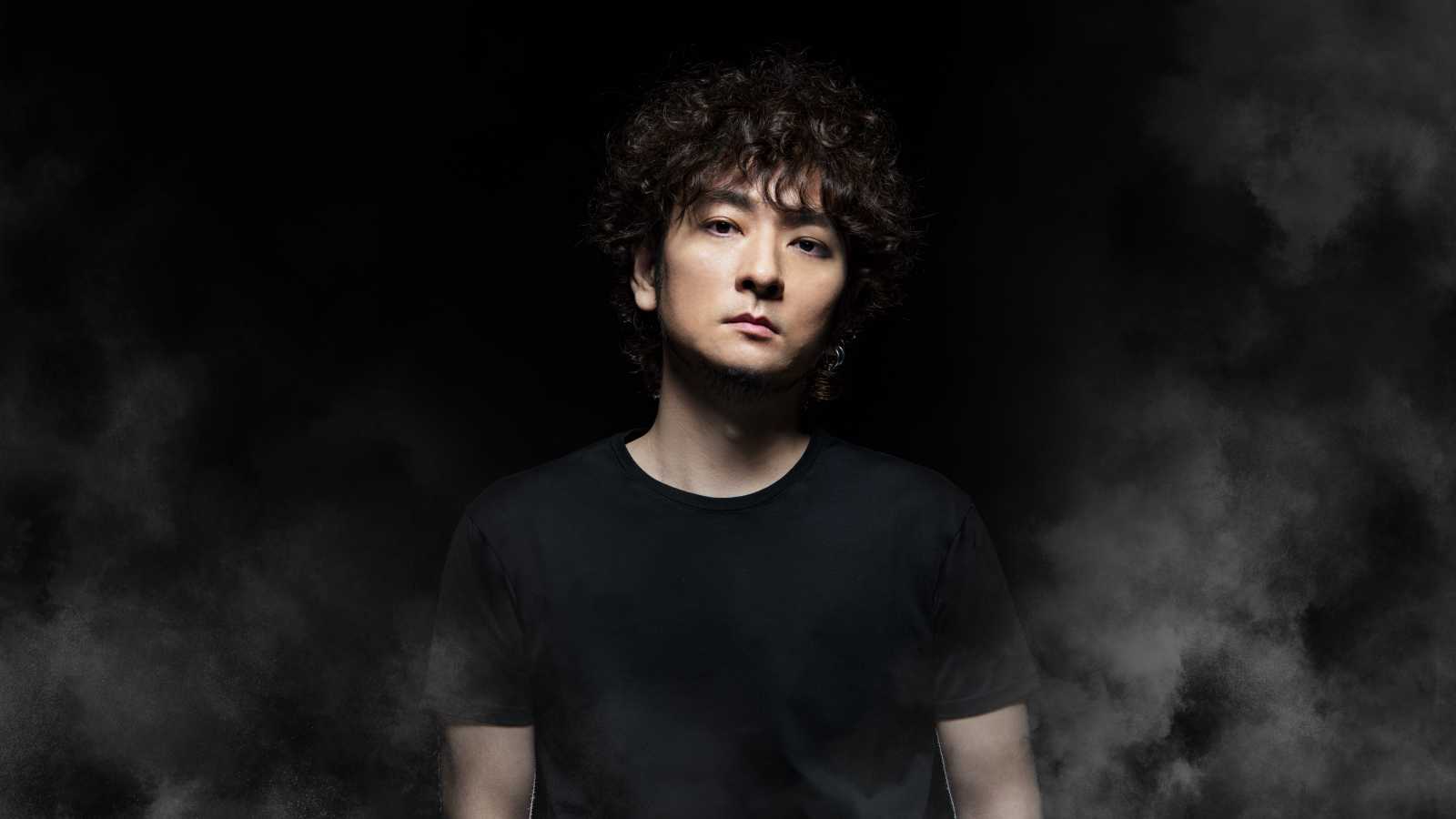The summary of former PIERROT vocalist's solo career.
Negative is the second and currently the last Kirito solo album. It was released in August 2007, a year after the band Angelo was formed by him and two other former PIERROT members. This album seems to be a summary of Kirito’s solo career as it includes all the singles released after Hameln and two songs played previously at concerts. Moreover, it contains four completely new compositions.
The album begins with a calm and gentle keyboard intro to Gyakkou. The music accelerates until it reaches the more energetic chorus, during which clear pulsating sounds of bass can be heard in the background. Following is DECIDE, a much more lively track. It is dominated by some distorted vocals, and the chorus is very memorable: you will catch yourself humming along automatically. Electronic additions make the whole track only more attractive.
The third song, Dokuyaku is one of the most interesting ones on this album: it begins with a long sound, after which the catchy melody begins, and it's broken up by moaning guitar lines. When the vocals start, the music calms down and the gentle chorus is emphasized by clear guitar accents. The song ends suddenly and is followed by Suicide View, a definite hit at lives. There is more aggression in this excellent piece than in the previous one, leaving your ears ringing - in a good way.
TEAR may catch you off guard because its energy and almost joyful chorus disagree with the title. The following Kagerou, however, is a smaller surprise and begins with a calm intro, bringing to your mind the image of drizzling rain. The main melody, exploding a bit later, is a real downpour, but despite that, the next parts of the song develop schematically and sounds a bit like Dokuyaku. Yet all in all, Kagerou is very pleasant and nice to listen to.
PERIOD gives the impression that Kirito wanted to extend the style begun with Hameln to this track. The first part of it is based on orchestral sound, to which the vocalist’s voice fits brilliantly. Typical rock instruments – like guitar, bass and drums - are added a bit later, and at the end of the song they overwhelm entirely. Afterward, Hakudou sounds very interesting because of a mood that makes the song perfect for a horror movie soundtrack. At the beginning and end of the song, disturbing sounds like night noises in the forest can be heard; they are also present during the guitar solo. The noises disappear in the second half, where the music becomes richer and more powerful guitar lines kick in.
GARDEN has a completely different mood. It is based on energetic drums, with a rhythm and guitar sound that reminds of Nirvana’s works. This is the next definite concert hit, in which Kirito’s vocals - like in Suicide View - have an aggressive touch. In turn, Sakyuu features strong guitar playing, a bit of distorted vocals and interesting solos. The whole album finishes with the excellent Cherry trees, a perfect capstone and leaving you in a pleasant mood.
Kirito’s second solo album contains very different songs, and Period, dominated by an orchestra, really stands out. Despite that, all tracks are work well together. Negative is a good album, but it lacks a bit of its predecessor’s freshness. It does not delight the listener right away as HAMELN does. Moreover, on this album Kirito decided to depart from his earlier style: Negative contains more rock and electronic elements. Nevertheless, after some time these songs will steal your heart and you will want to return to them for sure.
![HYDE [INSIDE] LIVE 2024 -EXTRA- at Makuhari Messe](https://www.jame-world.com/media/image/2024-11/_16-9_14951.jpg)


